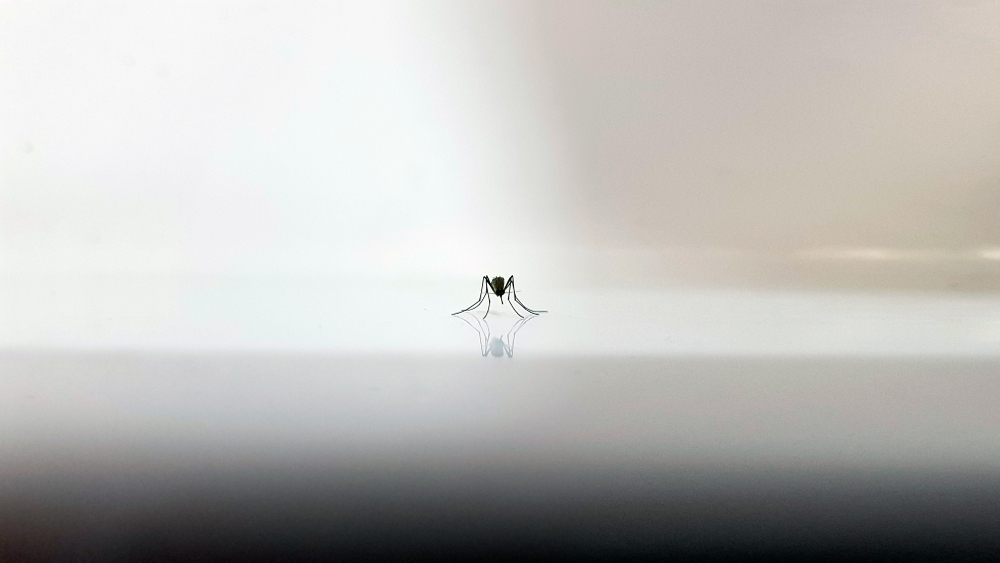
Human behavior lies at the heart of fighting mosquito-transmitted diseases, according to a new study published in PLOS Neglected Tropical Diseases.
How humans commute and what their living habits are is key in mosquito mitigation planning, the report says, because, without such considerations, one can not adequately plan an attack on the mosquitoes of a given area. The researchers looked to commuter flow and human distribution data to form the models and scenarios that sought to prove this. They led to a variety of different control scenarios, but one thing was clear between them: all models where these data-based interventions were implemented saw significant reductions in outbreaks’ capabilities.
“We have advanced our understanding of how much information cities need to make good cost-effective public health decisions,” Nina Fefferman, co-author of the study and a professor in the University of Tennessee’s Department of Ecology and Evolutionary Biology, said.
She and the rest of her team analyzed data from three cities: San Juan, Puerto Rico; Recife, Brazil; and Jakarta, Indonesia. All were locations where Zika or dengue fever infections recently occurred. Their modeling found, however, that investment in control measures and the efficacy of those measures affect disease risks — the latter of which depends on cities’ structure and the human movement contained within.
“It means it’s really important to know what kinds of information, and how much information, we need to inform public health policy in using our resources most effectively,” Fefferman said.




